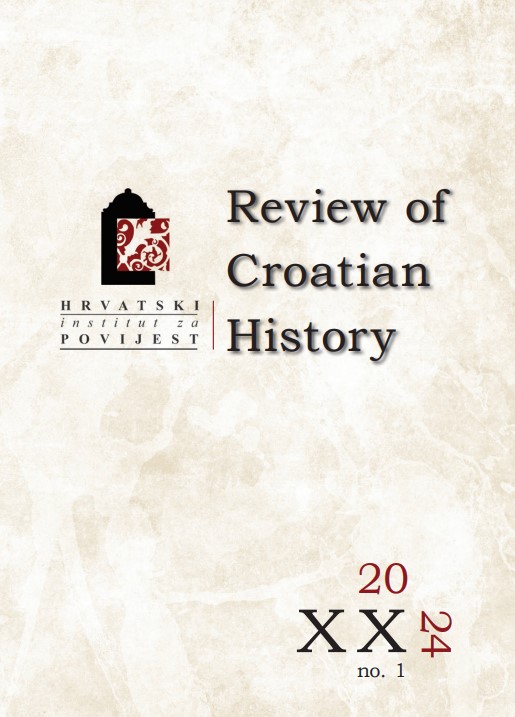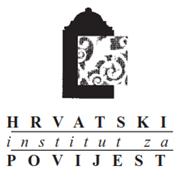Strategies for Disciplining Students in the “Old School” Practice in Croatia
DOI:
https://doi.org/10.22586/rch.v20i1.33987Keywords:
disciplining strategies; old school; repressive strategies (corporal punishment); incentive strategies; history of pedagogyAbstract
The paper examines disciplining students in the conditions of the so-called old school practice. It is based on the analysis of primary and secondary sources, as well as available pedagogical documentation and literature of the subjected era: school laws and regulations, teaching and disciplinary levels, regulations, orders and instructions. The old school was temporally determined by relevant factors and characteristics. The connection between the social environment has been established: state-political organisation, economic status and orientation, social value systems, school system and circumstances with student discipline strategies. In school practice of the old schools repressive and incentive disciplinary strategies are identified and analysed. The following forms have been identified in the area of repressive educational strategy: emotional inconveniences, deprivation of mental pleasures, social isolation and various forms of corporal punishment. According to the school regulations of the time, the following corporal punishment was granted: standing behind or next to the desk, kneeling, flogging with a prescribed stick on the palms. However, the following unlawful corporal punishments were also recorded in school practice: standing on one leg, kneeling on bare knees on grains of food or sand, hitting with a club, ruler, book; slapping, hear or ear pulling, kicking with a leg, throwing to the ground. Incentive educational strategy was based on evoking emotional comfort and was realised through praise, recognition and awards. Praises were oral and written, and recognitions were awarded in the form of diplomas or different types of medals. The awards were also material: money, clothes and footwear, items of use value, books and school supplies.
Also, the results of the research show that in imposing repressive and incentive measures, the following general educational principles were recommended: gradualness, appropriateness, consistency, impartiality, justification and openness (if a repressive measure yields results, it should be annulated). The identified and described strategies of school disciplining should be viewed within the described social, political, economic framework, as well as the then school opportunities and school system. However, it is significant that the recommended educational principles in imposing disciplinary measures also have elements of modernity.
Downloads
Published
How to Cite
Issue
Section
License
Copyright (c) 2024 The copyright holders are the Croatian Institute of History (as the publisher) and the authors.

This work is licensed under a Creative Commons Attribution-NonCommercial 4.0 International License.
The copyright holders are the Croatian Institute of History (as the publisher) and the authors.
The Review of Croatian History is an open-access journal. Its contents are freely accessible in their entirety. Users may read, download, copy, distribute, print, search, or put links to its material, and to change, reword, and process the material or use it in other legal ways, as long as they cite the original in the appropriate manner, in accordance with the Creative Commons licence CC BY-NC.
Works published in the Review of Croatian History may be deposited in institutional or thematic repositories, as long as the appropriate links to the web pages of the Journal and Hrčak (central portal of Croatian scientific journals) are made available.
The self-archiving policy is indexed in the Sherpa/RoMEO database, where it is visible that the journal allows the depositing of unreviewed (pre-print), reviewed (post-print), or publisher’s versions of the work.


